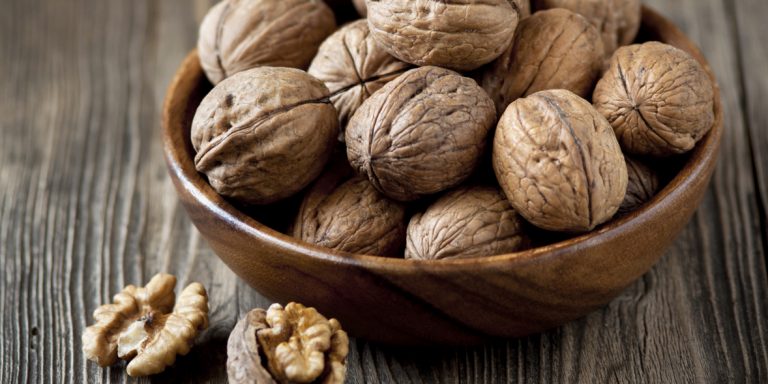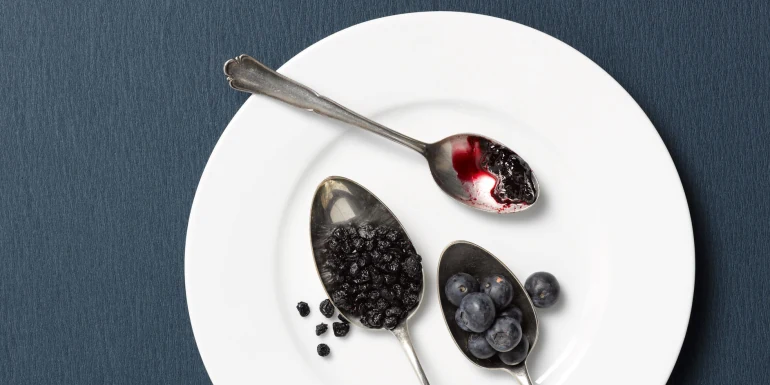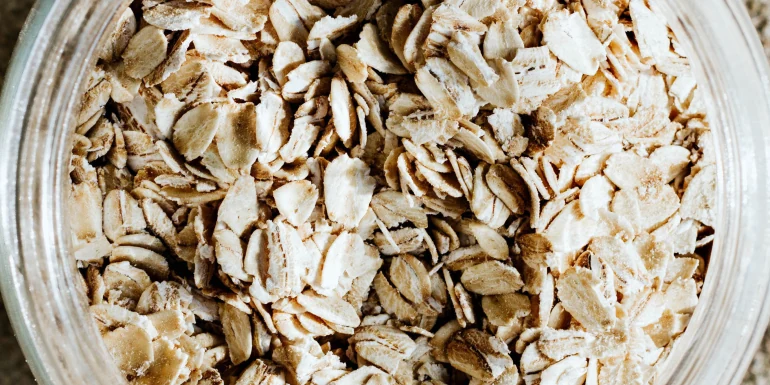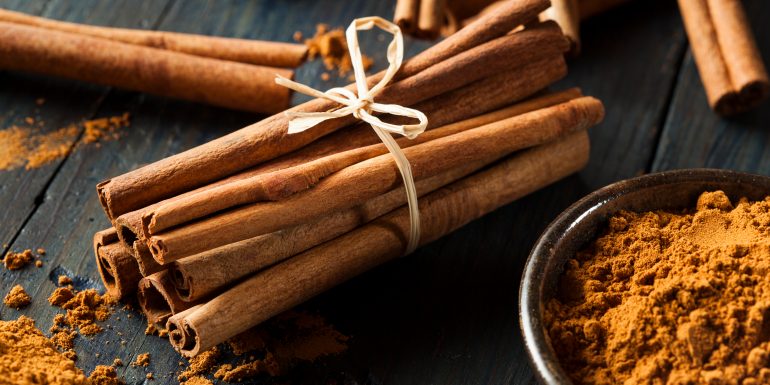
Brain food: walnut
The walnut tree is synonymous with clarity and willpower. Its fruit reenergise the brain and cardiovascular system, and its leaves cleanse the skin. Its flowers are said to be a symbol of a new beginning.
The walnut has traditionally been documented as a good source of energy in times of need. Today, it is thought to give the brain an energy boost. This finding has been taken up again by modern science and studies have been initiated on possible cures for dementia and Alzheimer's disease. However, the validity thereof is limited because experiments were conducted on laboratory animals. Nevertheless, it has given us the knowledge that "cracking nuts" means much more for our system of thought than childhood memories of St Nicholas' Day.
Compact energy
The sun's inspiring energy is missing during the winter period. As a sun-ripened fruit, the walnut provides it in a compact, edible form. The knowledge of herbalists, who make us aware of the walnut's nourishing properties, is also «compact». They say that the walnut tree gives us a level of consciousness which lets us identify the fundamentals behind the facade.
Of all nuts, the walnut has the highest alpha-linolenic acid content, an Omega-3 fatty acid which prophylactically keeps the heart and blood vessels healthy. Its most important ingredients also include the amino acid arginine, vitamins E, B1, B2 and B3 as well as the minerals zinc, magnesium and potassium. They all help to ensure that our brain gets the food it needs for us to be able to think and act clearly. The aromatically scented walnut tree leaves contain tannins with astringent properties leading to contraction and in this way protect the surface of the skin and mucous membrane.
They alleviate infections, stop itching, heal wounds, kill germs, strengthen the veins and increase the flow of lymph. They are also an effective remedy for heavy sweating. They help both internally and externally: against eczema, acne, vein problems or haemorrhoids, for example. The leaves are applied externally in the form of compresses, partial baths or creams. Internally, they are taken as tea or tinctures. The Bach flower Walnut is said to help when a significant new beginning is about to happen in your life. It helps you to overcome mental blocks where your mood is concerned and thus contributes to the success of the new stage of life.
A miniature brain
The history of the walnut tree goes back a long way: 65 million years ago, it was brought from Persia to Greece via Central Asia, and later it was taken to the Roman Empire. There are many legends surrounding its creation. In Greek mythology, it was as follows: "Karya, one of King Dion's three daughters, was blessed with the gift of clairvoyance. When she died, the god Dionysos transformed her into a walnut tree which was therefore often called 'Karya'." From the same stem of the word comes "Cara", which means "head" or "treetop" in English. The Romans derived the Latin "cerebellum" from it, which is translated as "small brain". The walnut's shape is indeed reminiscent of a miniature brain. Analogously, it is described as "brain food" which improves concentration and has a positive impact on our psyche.
Family
Walnut (Juglandaceae)
Appearance
The walnut tree can grow up to 30 m tall and reach an age of 150 years old. It takes about 24 years before it starts producing fruit. The greyish-brown bark is smooth when the tree is still young and it splits open vertically at an advanced age. Young leaves are yellowish-brown and red and only turn dark green in sunlight. They are lance-shaped and have a characteristic, earthy scent. The nut tree is pollinated by the wind.
Location
needs partial shade when young and a sunny spot when old
Botanical classification
The walnut tree is a monoecious broad-leaved tree which has separate male and female flowers on the plant.
Harvest time
Leaves: from May to July before fruit form, Nut: August to October 15
Use:
Nut: preventative treatment against cardiovascular illnesses and dementia: five walnuts contain the recommended daily dose of Omega-3 fatty acids.
Leaves: phytotherapeutic: for acne, weeping eczema, vein problems and haemorrhoids. Take in between meals.
Tincture: 25 drops three times daily. Tea: bring 2 to 3 g of dried walnut leaves in 100 ml of cold water to the boil, allow to steep for 10 minutes and drain. Drink unsweetened or with honey in sips.
Bach flowers: prepares the mind if reorientation is required: four drops four times daily
Gemmotherapy: most important skin cleanser – three drops three times daily



Newsletter
Find out more about current health issues every month and get all the information you need about our attractive offers from all Helsana Group companies * delivered by e-mail to read whenever it suits you. Our newsletter is free of charge and you can sign up here:
We did not receive your information. Please try again later.
* The Helsana Group comprises Helsana Insurance Company Ltd, Helsana Supplementary Insurances Ltd and Helsana Accidents Ltd.